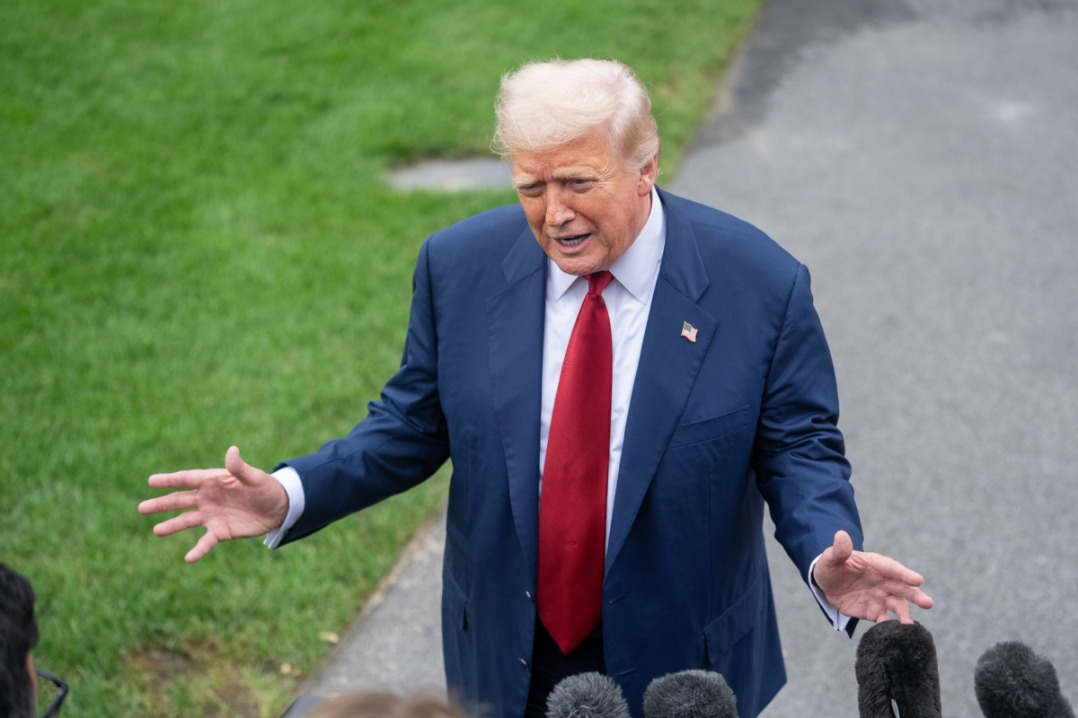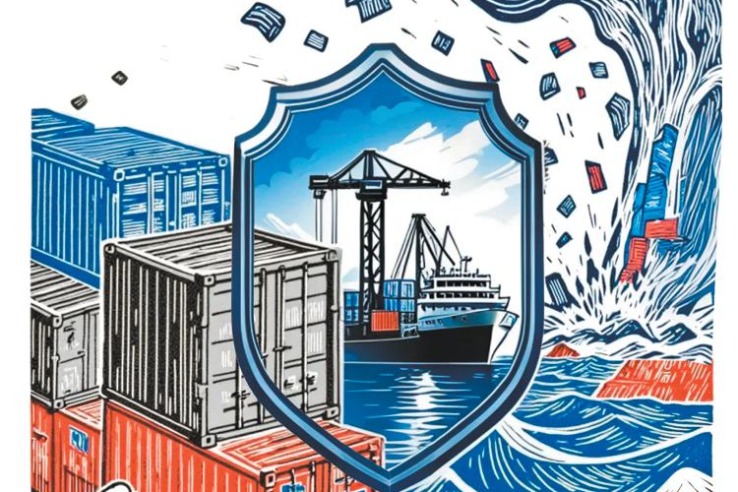New Delhi hurting itself by snubbing Beijing


In recent months, the Indian government has taken a series of actions targeting China, from suspending customs clearance of imports from China, banning the use of a series of Chinese apps, offering incentives to lure manufacturing companies to relocate from China to India, and asking Indian pharmaceutical companies to wean themselves from Chinese chemicals.
These are part of the Indian government's so-called self-reliance plan to reduce Chinese imports and use the vast Indian market to attract manufacturing enterprises to invest in India. Taking advantage of the anti-China political atmosphere created by the Unites States, the Indian government plans to increase its manufacturing share from 15 percent to 25 percent.
It seems that India has achieved initial success in its plan, especially in the field of electronics manufacturing. After it offered $6.65 billion (46.06 billion yuan) as incentive to encourage India-bound electronics manufacturers, about two dozen overseas companies have reportedly pledged $1.5 billion to build mobile phone factories in India.
However, because of excessive protectionism and poor infrastructure, India is yet to realize its industrialization. India can learn from China's experience. China's capital and strong infrastructure construction capacity can help India improve its infrastructure and lay the foundation for its manufacturing industry.
The growth of Chinese companies in India is more suited for exploring and developing the Indian market. However, India's current policy has been to not only exclude excellent Chinese companies from its infrastructure market, but also shut down a number of Chinese-funded apps. For the Chinese enterprises involved, these policies could mean their losing the Indian market; but for India, the losses could be even greater.
Going by experience, few countries will actively participate in India's infrastructure development because of the high degree of uncertainty and the problem of excessive delay. In the internet sector, without the participation of Chinese investments, and Chinese technologies with its unique advantages, India's development will slow down.
Most overseas electronics companies invest in India to cater to the local market; India has a long way to go before it can become a new "world workshop".
Its poor infrastructure and logistics apart, India also lacks enough engineers.
Under the existing system, the Indian government is also unable to work out stable policies for social and economic development, such as a policy for stable exchange rates. For manufacturing enterprises, export-oriented ones in particular, a drastically fluctuating exchange rate poses a serious challenge.
India is an attractive market but uncertainties remain. Its protectionist policies and unstable business environment could pose a threat to the development of its manufacturing sector.
And India's attempts to cut off the supply chain from China will not only harm its industries but also hamper its long-term sustainable development.


































